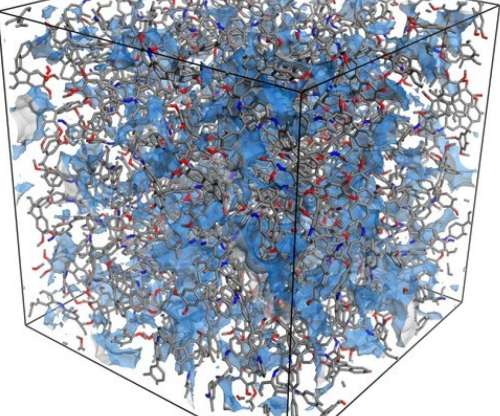ExxonMobil, Georgia Tech and Imperial College London publish joint research on potential breakthrough in membrane technology for oil refining
Green Car Congress
JULY 18, 2020
Scientists from ExxonMobil, the Georgia Institute of Technology and Imperial College of London have published in the journal Science joint research on potential breakthroughs in a new membrane technology that could reduce emissions and energy intensity associated with refining crude oil. —Ryan Lively, the John H. —M.G.
































Let's personalize your content